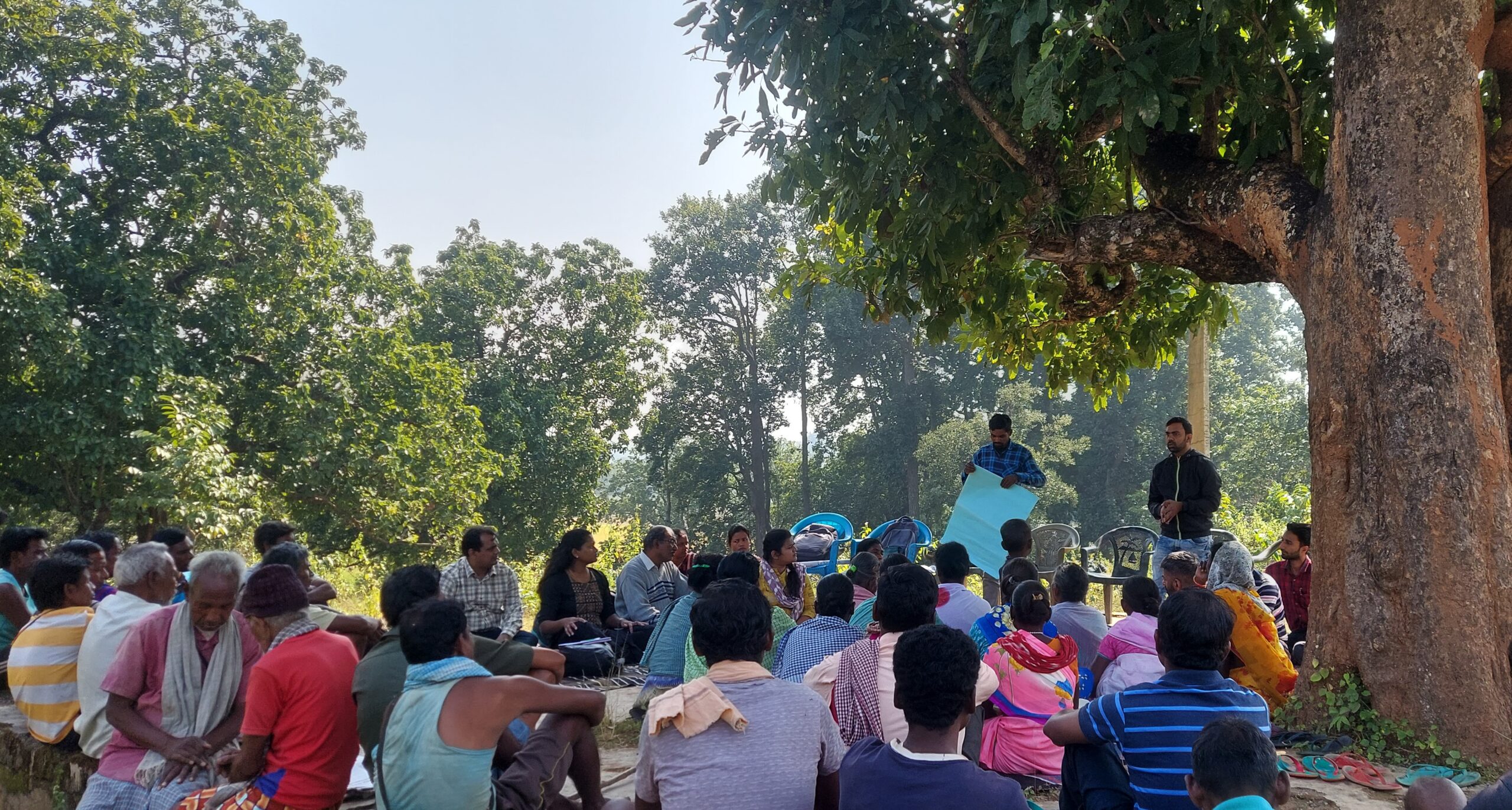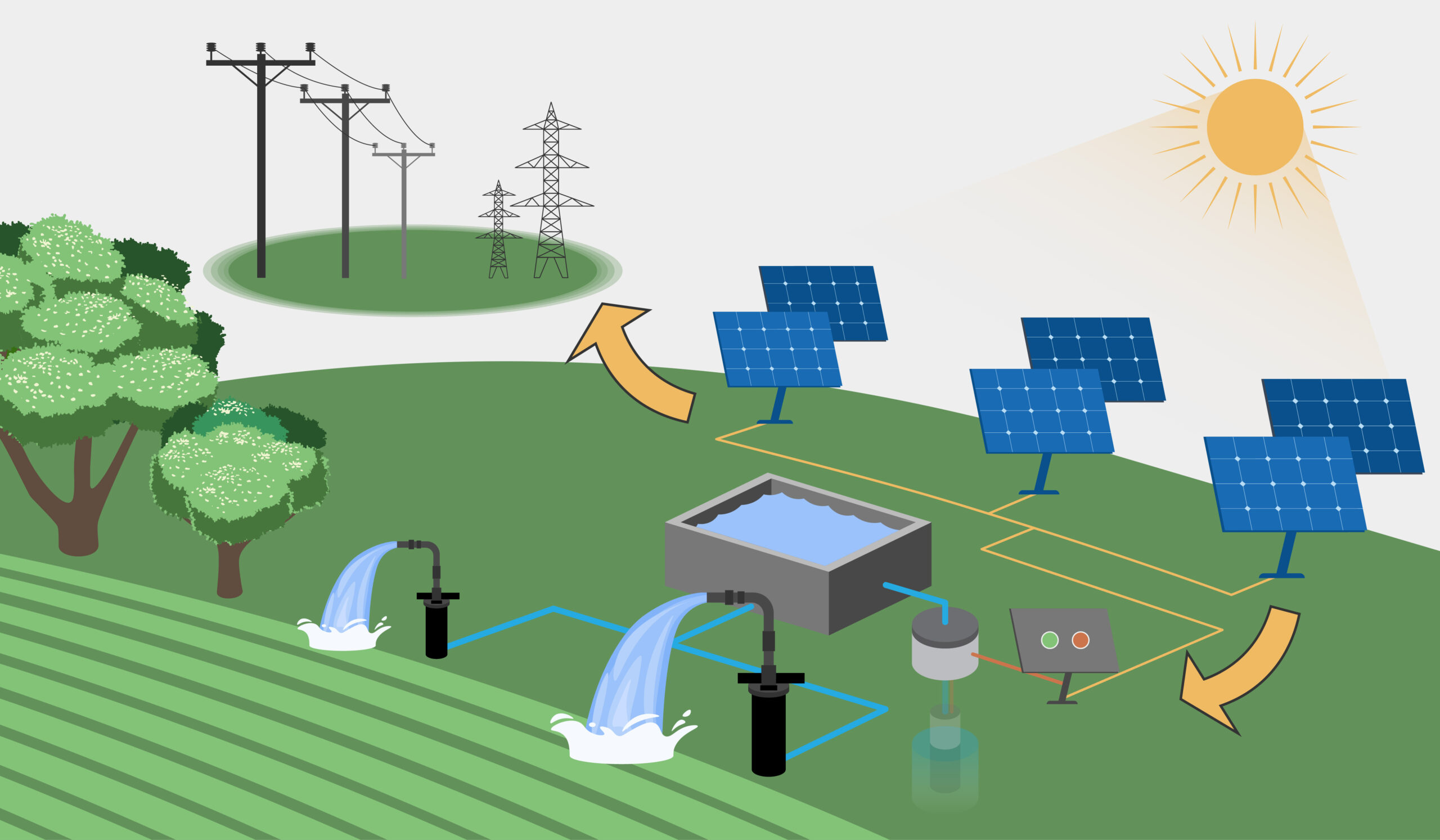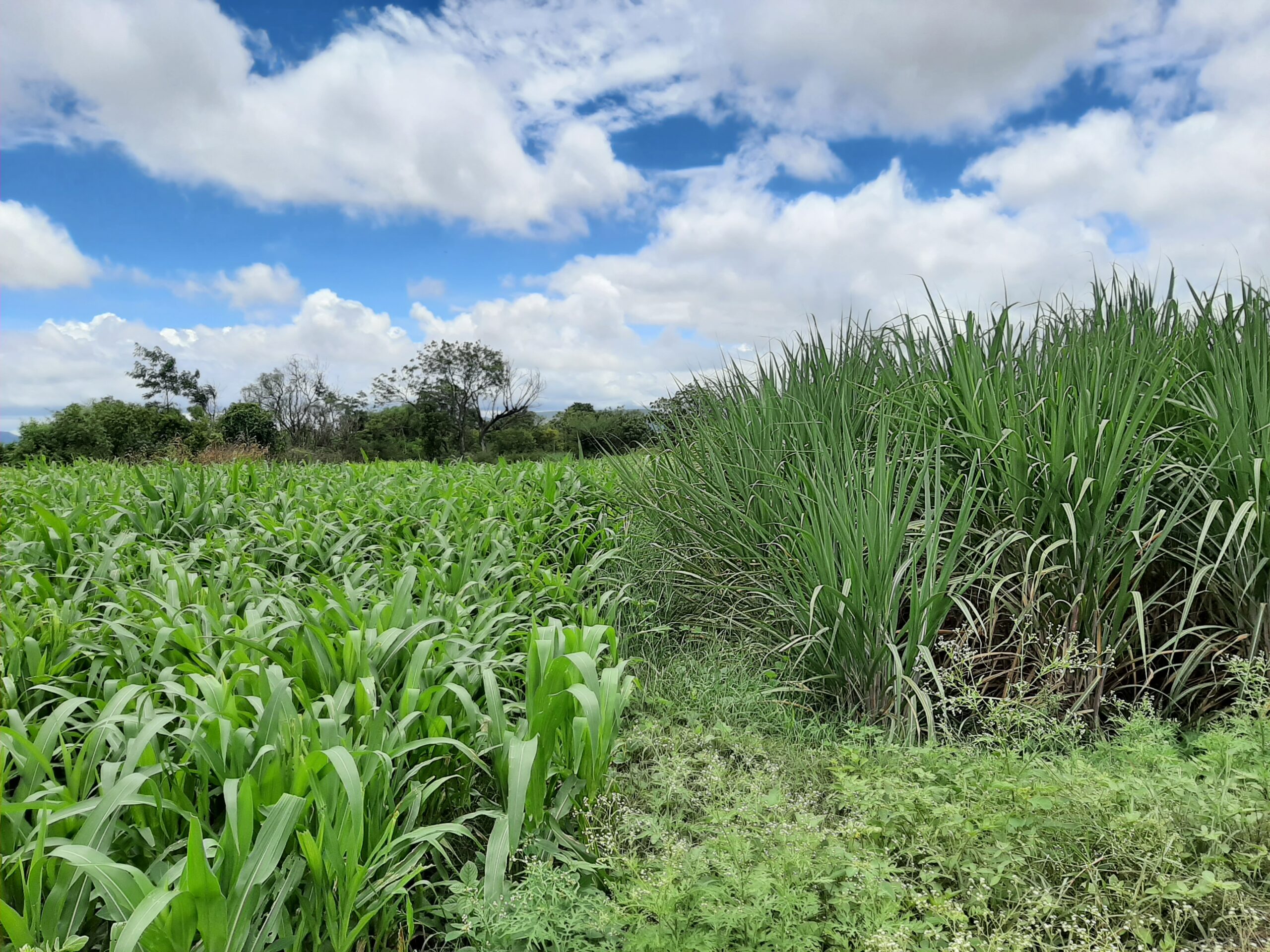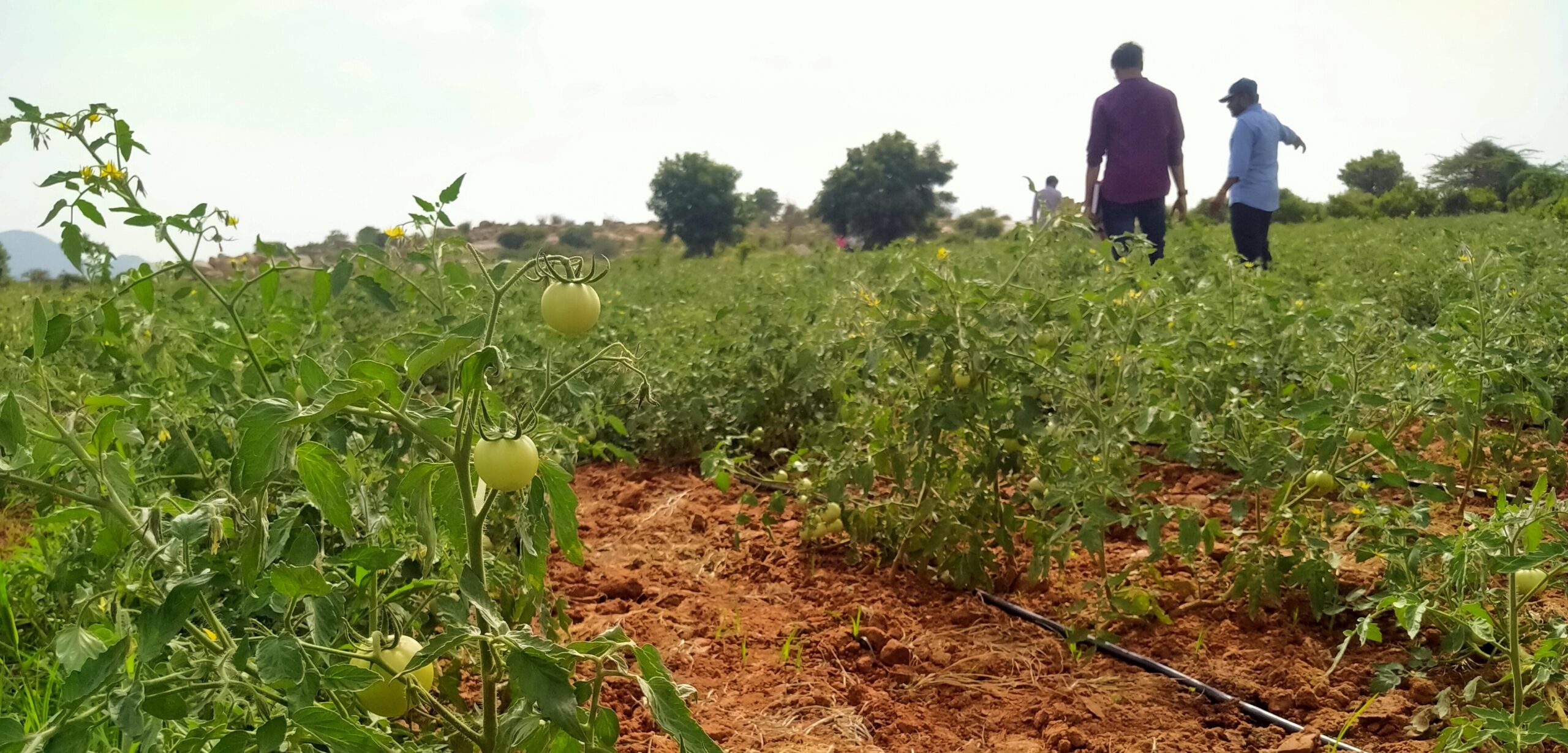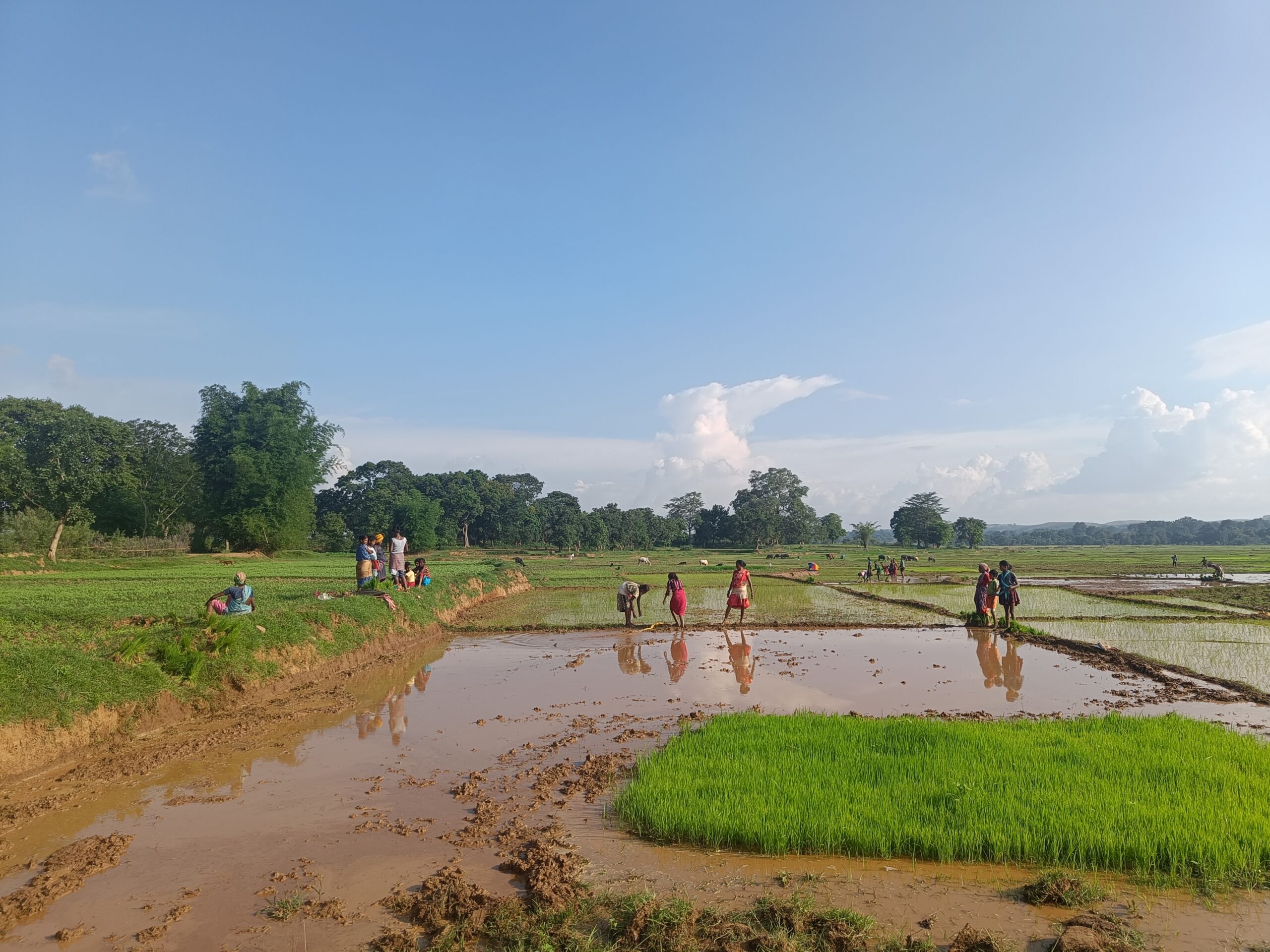From Doubts to Direction: How ‘Clinics’ for the Social Sector Can Spark Action and Collaboration
Photo by Nabina Chakraborty
Learning about a solution and implementing it on the field often involves a huge leap.
Imagine you are a grassroots organisation and want to start an initiative to tackle the growing garbage problem in the region where you work. You might attend a training programme and gain a rigorous theoretical grounding.
However, when you go on the field, you find that some of the basic principles and workflows discussed in the training are not suitable for your context. In such a case, what would be more helpful: general training on solid waste management or posing specific questions to an expert?
Under the Green Rural Economy initiative, we designed Clinics, that is, virtual or offline sessions to connect two groups: experts from an organisation or enterprise and people seeking solutions for specific problems in the context of rural livelihoods. The two might know of each other, but since many organisations do not have the bandwidth to document their work, they are often unfamiliar with the depth of their interventions, the range of expertise, and how their work has evolved.
A clinic is a curated exchange between one or more experts and solution-seekers.
It differs from a training programme because it follows a question-and-answer format on a specific topic. Knowledge-seekers come prepared and get their doubts cleared over a 1–2-hour conversation. It is most suitable for civil society organisations that have tried a solution, but are experiencing difficulties and need assistance with troubleshooting.
Our Clinic on solid waste management was remarkably productive.
In 2022, Buzz Women approached us for support on resources related to solid waste management. The organisation creates women leaders within communities, who take on roles in entrepreneurship and community development. They highlight the community’s needs and find ways to address them.
Buzz Women wanted to understand how to implement solid waste management techniques in the villages they were active in. With the proliferation of packaged food and plastic wrapping, they needed proper disposal and recycling. However, no collection facilities existed in the region.
We first compiled a set of relevant knowledge products and sent it to them. However, we felt that connecting Buzz Women with an expert on the subject would lead to more context-specific answers. So, we introduced Buzz Women to two leading solid waste management experts, Saahas and Solid Waste Management Roundtable (SWMRT).
The hour-long discussion was remarkably productive. Given the problem’s urgency, Buzz Women had specific and incisive questions. Saahas drew upon their experience and expertise to give tailored responses. While the resources we shared gave Buzz Women a bird’s eye view of waste management, Saahas’s direct inputs painted a complete picture of the opportunities, gaps, and way forward. They were able to absorb the information better, clarify their doubts, and better implement solid waste management solutions at the village level.
This exchange is different from a training session, where an expert provides foundational knowledge and addresses questions so that knowledge-seekers can grasp concepts. In a clinic, the latter look for solutions to a problem they are trying to solve. Their questions come from a place of conceptual clarity, an understanding of various models, and a desire to pre-emptively address bottlenecks.
Clinics are a two-way learning process.
Experts too gain from a clinic. They get opportunities to form new partnerships, take their model to a new landscape, or combine strengths to design a new programme.
Saahas and Buzz Women had complementary skills, so it was a great match. While the former was worried about issues related to funding and user fees, this turned out to be the latter’s strong suit. Buzz Women had cultivated a cadre of community leaders, who mobilised funds for various projects.
Thus, they decided to work together on a project in Kolar, Karnataka, where both have operations. Saahas would design the training programme, while Buzz Women’s community volunteers would implement it.
Buzz Women also formed a successful partnership with the other participant in the clinic, SWMRT. It is a volunteer-driven collective of practitioners working on sustainable waste management. They used their expertise to design a training curriculum, which was incorporated into Buzz Women’s intervention.
Clinics have opened the road to ‘solutions as a service’.
Both partnerships were examples of service provision, that is, organisations providing an expert service for a fee or as a joint partnership. Thus, the organisations participating in the Clinic reframed a challenge they faced as an opportunity and benefitted from the expertise they brought to the table.
Insights from Clinics
After the success of the individual Clinics, we attempted a group Clinic, where many solution-seekers posed a range of questions to an expert. The aim was to build a comprehensive set of solutions.
However, our first group Clinic didn’t seem as effective as the one-on-one Clinic. The participating organisations did not have specific questions and there was no breakthrough. We realised that if there is no urgency, questions aren’t likely to lead to solutions. People might ask questions to improve their understanding, as in a training programme, but they might not apply the knowledge immediately.
The best Clinics are when there is a well-defined problem, which experts troubleshoot. With a clear agenda and a commonly shared need for solutions, group Clinics could also help participants exchange knowledge and form long-term partnerships. Curating the questions before the Clinic could allow experts to prepare and make the exchange more fruitful.
In any case, Clinics require some trial and error—not all of them are successful. In some cases, participants did not form partnerships due to differences in their approaches or practical issues, such as distance.
However, the hour-long discussion between Buzz Women, Saahas, and SWMRT validated the need for an interactive, Q&A session between a solution-seeker and provider. We hope to get diverse participants, such as farmers, in Clinics so that they too can effectively implement tried and tested solutions instead of navigating through guides or videos.
Acknowledgements
This work is supported by Rainmatter Foundation and Axis Bank Foundation.
With inputs from Lakshmi Pranuti Choppakatla
Edited by Archita Suryanarayanan and Syed Saad Ahmed
Follow us to stay updated about our work


